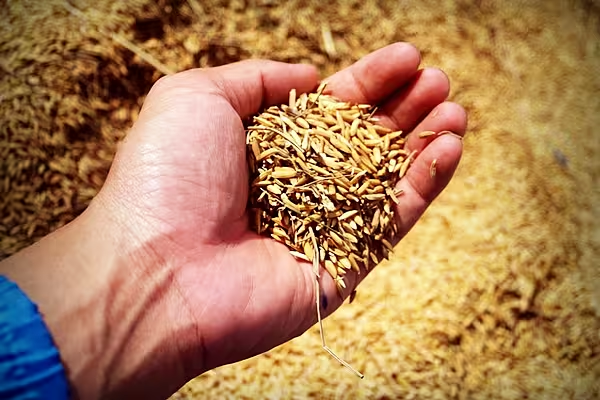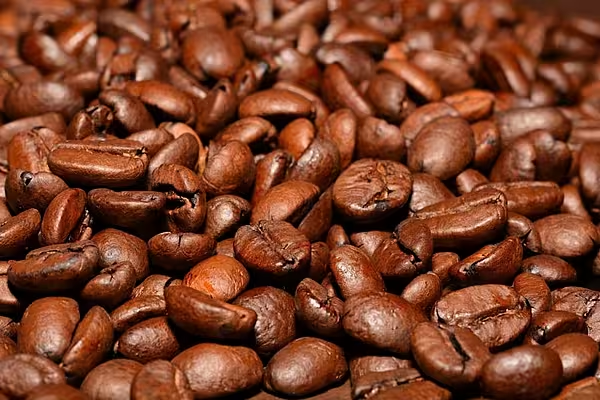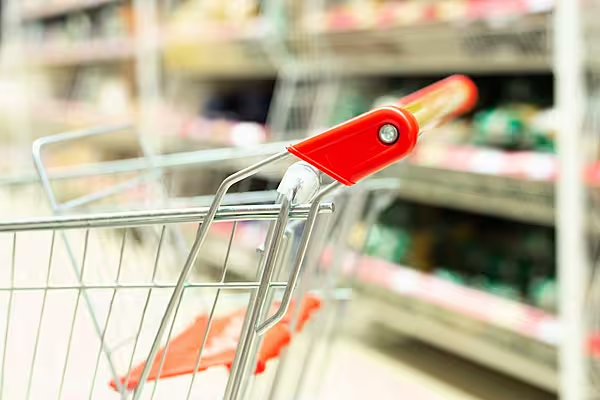Ferrero has placed first in the WWF’s Palm Oil Buyers Scorecard, which evaluates global companies in terms of their support for sustainable palm oil.
With a score of 21.5 out of 22, Ferrero placed ahead of 172 other companies, including major global retailers, consumer goods manufacturers and foodservice companies.
The Nutella manufacturer was recognised for its efforts to address the issue of deforestation in tropical areas and for the transparency of its supply chain.
In 2019, the 204,000 tonnes of palm oil exploited by Ferrero came from areas that had not suffered deforestation, according to the study.
Retail Leaders
German retailers Edeka and Kaufland placed second and third in the ranking, with 19.8 and 19.3 points, respectively.
The top 10 also includes L’Oréal (which achieved a score of 19.3); Ikea (19); Marks & Spencer (18.8); Bahlsen (18.5); Aldi Sued (18.3); dm-drogerie markt (18); and The Co-operative Group (18).
At the other end of the scale, the scorecard also revealed a large number of companies that have done little or nothing at all to ensure the sustainability of their own supply chain or to promote sustainability within the palm oil industry.
The average score for scorecard respondents was 12.6 points out of 22.
Three quarters of companies had a public commitment to source 100% RSPO certified sustainable palm oil (CSPO), while two-thirds of companies committed to 2020 as their deadline to be 100%.
Traceability
As the study also found, fewer than than a third of companies are extending their influence over their supply chain by holding their suppliers accountable for palm oil sustainability. Only 50 out of 173 companies require traceability at least to the palm oil mill, while 18 companies are tracing their palm oil from both mill and plantation.
Palm oil accounts for 40% of global vegetable oil consumption and over 60% of the vegetable oil traded each year. An estimated 19% of global palm oil production is RSPO certified.
Global demand for palm oil is forecast to increase from 76 million tonnes in 20192 to between 264 million and 447 million tonnes by 2050.
© 2020 European Supermarket Magazine – your source for the latest retail news. Article by Branislav Pekic. Click subscribe to sign up to ESM: The European Supermarket Magazine














